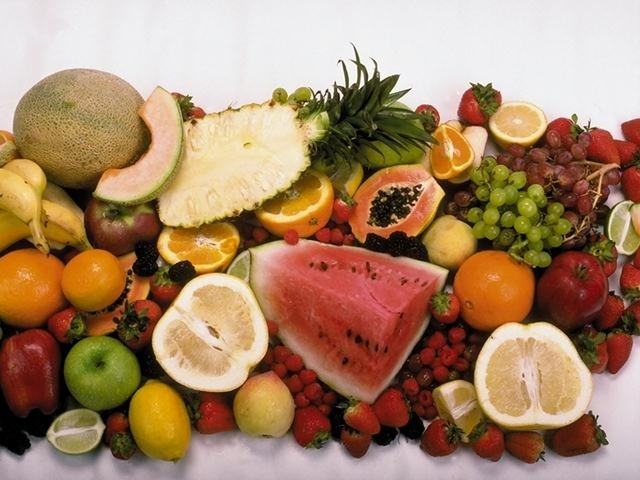Article rewritten and updated October 2024.
Eat Healthier Overview
Eating vegan is more than just a dietary choice; it's a lifestyle commitment that can lead to improved health and well-being. However, simply cutting out animal products doesn't automatically make a diet healthy. It requires careful planning and consideration to ensure that you're getting all the necessary nutrients while enjoying a variety of delicious and satisfying foods. Here's a comprehensive guide to eating a healthier vegan diet every day.
### Start with a Rainbow of Fruits and Vegetables
Aim to consume at least five portions of a variety of fruits and vegetables daily. These are packed with essential vitamins, minerals, antioxidants, and fiber that support overall health. Try to include a mix of colors to benefit from the different nutrients each color provides.
### Choose Whole Grains
Base your meals on potatoes, bread, rice, pasta, or other starchy carbohydrates, opting for whole grains whenever possible. Whole grains are rich in fiber and can help you feel full longer, aiding in weight management and digestive health.
### Include Protein-Rich Foods
Incorporate a variety of protein sources such as legumes, soy products, and quinoa. These foods not only provide protein but also offer other nutrients like iron and zinc. Nutritional yeast is another excellent addition, as it's a complete protein and often fortified with B12, a vitamin that's crucial for vegans to supplement.
### Don't Forget Healthy Fats
Healthy fats are an essential part of a balanced diet. Include sources like nuts, seeds, avocados, and plant-based oils like olive or avocado oil. These fats are not only good for your heart but also help you absorb fat-soluble vitamins.
### Stay Hydrated
Water is vital for all bodily functions, so ensure you're drinking plenty of fluids throughout the day. Herbal teas and infused waters with fruits or cucumber can add variety if you find plain water unappealing.
### Mindful Eating
Eating slowly and without distraction allows you to enjoy your food more and recognize when you're full. This practice can prevent overeating and help you appreciate the flavors and textures of your food.
### Plan Your Meals
Planning is key to maintaining a healthy vegan diet. Prepare a weekly menu to ensure you're including a variety of foods and getting a balance of nutrients. This also helps to reduce food waste and can save you time and money..
### Supplement Wisely
Certain nutrients like vitamin B12, vitamin D, omega-3 fatty acids, iron, and calcium may be harder to obtain on a vegan diet. Consider supplements after consulting with a healthcare provider to ensure you're meeting your nutritional needs..
### Listen to Your Body
Pay attention to how different foods make you feel. If you notice any adverse reactions or deficiencies, adjust your diet accordingly. A registered dietitian can provide personalized advice to help you thrive on a vegan diet.
### Enjoy the Journey
Remember, transitioning to a healthier vegan diet is a journey. It's okay to take it one step at a time and learn as you go. Experiment with new recipes, explore different cuisines, and find what works best for you.
By following these guidelines, you can enjoy a varied, nutritious, and delicious vegan diet every day. For more detailed information and meal planning tips, check out resources like the NHS's guide to a healthy vegan diet, Healthline's complete vegan meal plan, and Mayo Clinic's advice on vegetarian nutrition. Embrace the vegan lifestyle with confidence and creativity, and watch as your health transforms.
Remember, the key to a healthier vegan diet is diversity, balance, and mindfulness. With the right approach, you can nourish your body, delight your taste buds, and contribute to a more sustainable world. Happy eating!
Eating healthy and vegan doesn’t have to be complicated or tedious. You can still enjoy the same delicious meals you love while making smarter food choices! Try replacing unhealthy processed foods with more nutrient-rich whole grains, vegetables, and fruits, as well as lean proteins such as fish, skinless poultry, and beans. Doing so increases your intake of vital nutrients, including vitamins, minerals, fiber, and antioxidants that help support overall health.
Did you enjoy reading this post?
I hope you enjoyed reading this post. If you did, please use the buttons below to share with family and friends you think may benefit from the information in the post.
Express your opinion.
If I can answer any questions or if you have an opinion that you would like to express, please let me know your thoughts by leaving a comment below.



0 comments